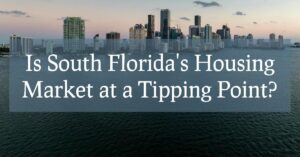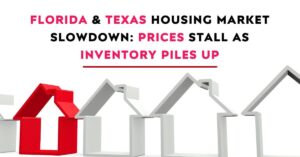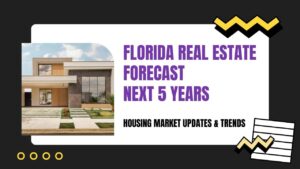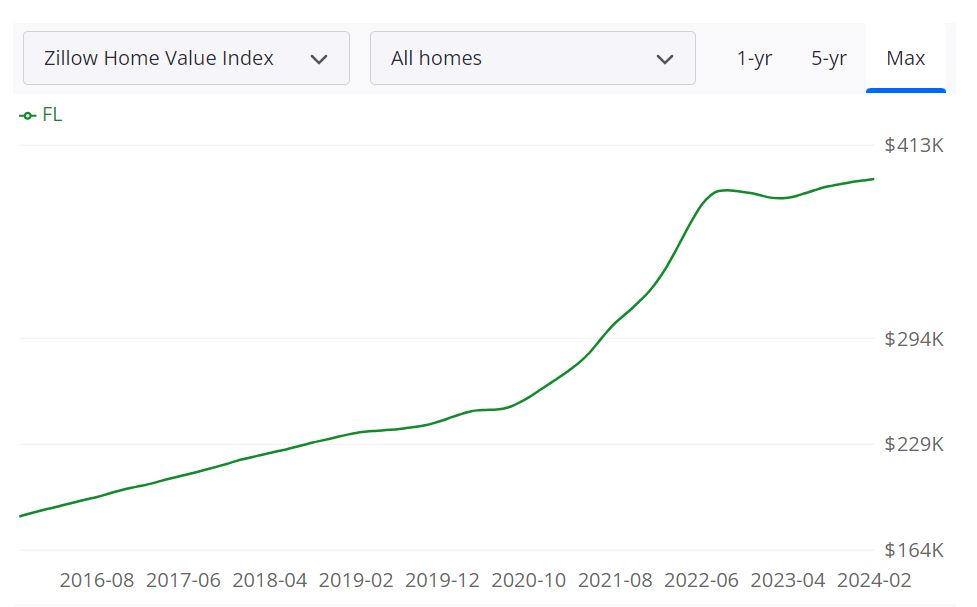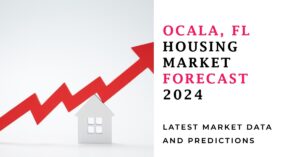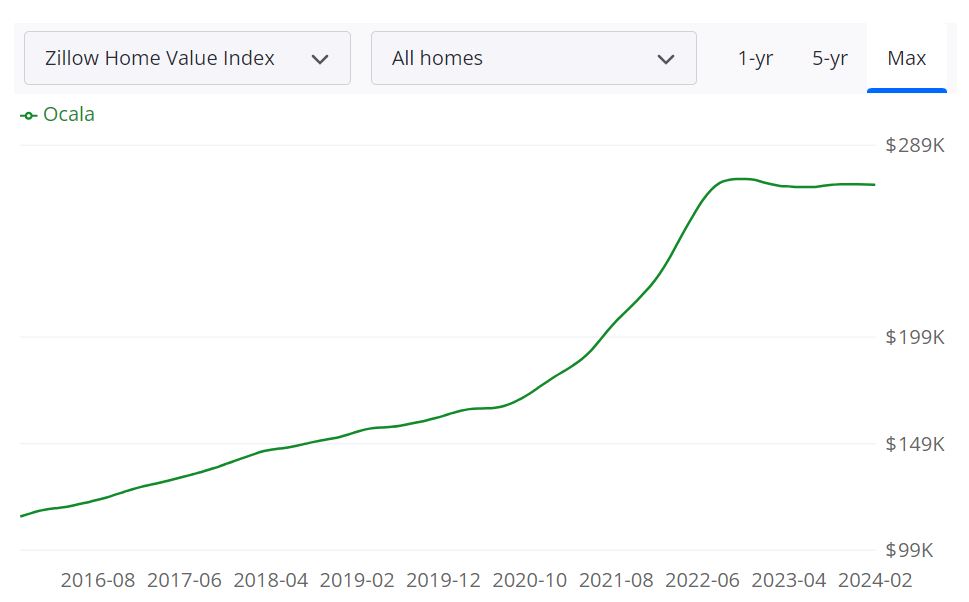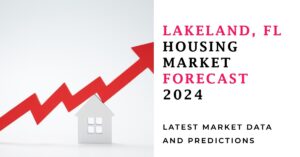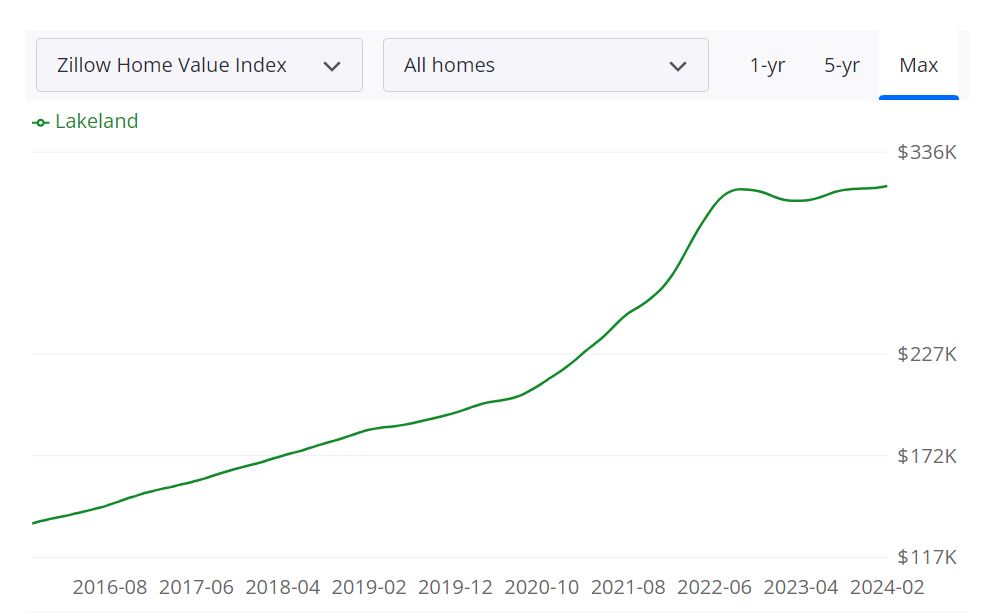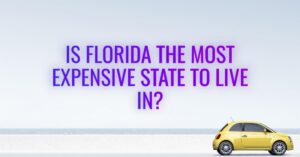Florida's coastline is a tapestry of sandy shores and crystal-clear waters, a true paradise for beach lovers. With approximately 1,200 miles of coastline, the Sunshine State offers a beach for every type of traveler. Here's a curated list of the 10 best beaches in Florida that promise to take your breath away with their stunning beauty and vibrant atmosphere.
Exploring Florida's Finest Beaches in 2024
1. Siesta Beach
Siesta Beach – Known for its powdery white quartz sand and tranquil azure waters, Siesta Beach is a haven for sunbathers and beachcombers alike. The beach's amenities and lively village nearby make it a perfect family getaway.
Siesta Beach consistently ranks among the best beaches in Florida, and even the United States, for several reasons:
- Incredibly Soft Sand: Unlike most Florida beaches that have sand made of crushed coral, Siesta Beach boasts sand that's 99% quartz crystals. This unique composition makes the sand incredibly soft and cool on your feet, even on a hot day.
- Calm, Clear Waters: The Gulf Coast waters lapping Siesta Beach are known for their calmness and clarity, perfect for swimming, snorkeling, or just wading.
- Family-Friendly: With its calm waters, lifeguards on duty, and ample amenities nearby, Siesta Beach is a perfect spot for a relaxing day at the beach with the whole family.
- Plenty of Activities: While relaxation is definitely encouraged, there are also a variety of water sports rentals available, along with the opportunity to beach comb for seashells or take a sunset cruise.
- Beautiful Sunsets: Siesta Beach is renowned for its gorgeous sunsets, painting the sky with vibrant colors.
2. Clearwater Beach
Clearwater Beach – This beach boasts miles of sugar-white sand and clear, shallow waters, ideal for families with children. The area is also known for its marine aquarium and the famous Pier 60, offering beautiful sunset celebrations.
Here's why Clearwater Beach stands out as one of Florida's finest:
- Powdery White Sand: Clearwater Beach is famous for its sugar-soft sand, made from quartz eroded from the Appalachian Mountains. This unique composition creates a fine, cool texture perfect for strolling barefoot.
- Calm Gulf Waters: The gentle waves and shallow waters along the Gulf Coast at Clearwater Beach make it ideal for families and those who prefer a relaxing dip in the ocean.
- Immaculate Beach: The city takes pride in maintaining Clearwater Beach. Daily rakings ensure cleanliness, and lifeguards are on duty year-round for visitor safety.
- Vibrant Beach Town: Clearwater Beach offers plenty beyond the sand. A variety of restaurants, shops, and entertainment options line the beachfront, creating a lively atmosphere.
- Activities Galore: Water sports enthusiasts will find an abundance of options at Clearwater Beach, from kayaking and parasailing to jet skiing and dolphin watching tours.
3. Hollywood Beach
Hollywood Beach – With its nostalgic boardwalk, lined with cafes, shops, and entertainment, Hollywood Beach is a blend of relaxation and fun. The beach's “Broadwalk” is a hotspot for joggers, cyclists, and those who enjoy a vibrant social scene.
Hollywood Beach earns its reputation as a top Florida beach with a combination of factors:
- Spacious Stretch of Pristine Beach: Boasting seven miles of uninterrupted coastline, Hollywood Beach offers ample space for visitors to relax and soak up the sun. The clean, white sand is perfect for building sandcastles or simply unwinding on a beach towel.
- The Iconic Hollywood Beach Broadwalk: Running parallel to the beach for nearly 2.5 miles, the Hollywood Beach Broadwalk is a vibrant attraction in itself. Lined with shops, restaurants, cafes, and street performers, it's a delightful place to stroll, bike, rollerblade, or simply people-watch.
- Exciting Water Activities: Beyond lounging, Hollywood Beach offers a variety of water sports to keep you entertained. Options include jet skiing, parasailing, kayaking, paddleboarding, and even deep-sea fishing excursions.
- Family-Friendly Ambiance: With calm waves thanks to offshore reefs and lifeguards patrolling the beach, Hollywood Beach is a safe and enjoyable environment for families with young children. Additionally, playgrounds and concession stands cater to the needs of families.
- Proximity to Entertainment Options: Hollywood Beach sits close to a variety of entertainment options, including the Seminole Hard Rock Hollywood casino, art galleries, and theaters. This makes it a great choice for those seeking a well-rounded vacation experience.
4. Fort Zachary Taylor Historic State Park
Fort Zachary Taylor Historic State Park – A unique combination of history and natural beauty, this park offers not only a picturesque beach but also a glimpse into the country's past with its Civil War-era fort.
Here's what makes it so special and a popular destination in the Florida Keys
- Rich Civil War History: Built in the mid-1800s, Fort Zachary Taylor played a significant role in defending the southeastern coastline during the Civil War. Visitors can explore the fort, climb the ramparts, and learn about its fascinating past through exhibits and ranger-led tours.
- National Historic Landmark: Recognized for its historical significance, Fort Zachary Taylor was designated a National Historic Landmark in 1973. This designation highlights the fort's role in preserving the nation's military history.
- Key West's Favorite Beach: Nestled within the park grounds, you'll find a beautiful stretch of beach considered to be Key West's favorite. The calm, shallow waters are ideal for swimming, snorkeling, and sunbathing.
- Nature Trails and Outdoor Activities: Explore the park's nature trails, offering a glimpse of the local flora and fauna. Additionally, the park allows for picnicking, bicycling, and fishing, providing a variety of recreational opportunities.
- Living History Reenactments: Immerse yourself in history with the park's living history reenactments held on the third weekend of each month. Witness reenactors dressed in period attire showcase military drills, demonstrations, and everyday life during the Civil War era.
5. Fort Lauderdale Beach
Fort Lauderdale Beach – This beach is a gem with its breezy promenade and chic cafes. It's a place where you can enjoy the sophisticated side of Florida's beach life.
Fort Lauderdale Beach stands out among Florida's best beaches for several reasons:
- Variety for Everyone: Whether you crave relaxation or activity, Fort Lauderdale Beach caters to all preferences. The calm waves are ideal for families and swimming, while surfers can catch waves depending on tides and winds.
- Scenic Beauty: Golden sand stretches alongside turquoise waters, creating a postcard-perfect scene. Additionally, the iconic Fort Lauderdale Beachfront Promenade, a paved walkway, runs for two miles along the beach, offering scenic views.
- Lively Atmosphere: Fort Lauderdale Beach boasts a vibrant energy. Beachside cafes, restaurants, and shops provide a variety of dining and entertainment options, while street performers and events add to the lively ambiance.
- Water Sports Paradise: For those seeking adventure, Fort Lauderdale Beach offers a plethora of water sports options. From jet skiing and parasailing to kayaking and paddleboarding, there's something for every thrill-seeker.
- Proximity to City Amenities: Fort Lauderdale Beach is conveniently located close to the city center. This allows visitors to easily explore Fort Lauderdale's cultural attractions, nightlife, and upscale shopping districts after a day at the beach.
6. Panama City Beach
Panama City Beach – With its 27 miles of stunning beaches, emerald waters, and a reputation for being a party destination, Panama City Beach is a magnet for those looking for excitement and relaxation.
Panama City Beach on Florida's Panhandle entices visitors with a winning combination of natural beauty and exciting activities:
- Stunning Beachscape: The star attraction is undoubtedly the beach itself. Stretching for 27 miles with sugar-white sand and clear emerald waters, Panama City Beach is a paradise for sunbathers, swimmers, and shell collectors.
- Family-Friendly Fun: The gentle waves and shallow waters in many areas make Panama City Beach ideal for families with young children. Public beach accesses offer amenities like restrooms, concession stands, and lifeguards.
- Thrilling Activities: Beyond lounging, Panama City Beach caters to the adventurous spirit. Options abound for water sports like jet skiing, parasailing, and diving. Additionally, amusement parks, go-kart tracks, and arcades provide entertainment for all ages.
- Nightlife Scene: Panama City Beach transforms into a vibrant party destination after dark. Numerous bars and clubs cater to a lively spring break crowd, while other areas offer a more relaxed atmosphere with restaurants and live music venues.
- Diverse Accommodations: The beach offers a range of lodging options to suit any budget and preference. From beachfront resorts and condos to family-friendly hotels and vacation rentals, there's something for everyone.
7. St. Pete Beach
St. Pete Beach – Soft sands and gentle waves make this a top choice for families and couples. The historic Don CeSar Hotel adds a touch of glamour to the beach's laid-back charm.
This beach Florida's west coast attracts visitors seeking a delightful blend of relaxation, recreation, and vibrant charm:
- Picture-Perfect Beach: Stretching for four miles, St. Pete Beach boasts powdery white sand and crystal-clear waters of the Gulf of Mexico. This creates a stunning backdrop for swimming, sunbathing, or simply soaking up the Florida sunshine.
- Something for Everyone: St. Pete Beach caters to a variety of preferences. Families enjoy the calm waters and ample space for building sandcastles. Active beachgoers can partake in water sports like kayaking, paddleboarding, or jet skiing.
- Quaint Beach Town Ambiance: Nestled behind the beach, you'll find a charming collection of shops, restaurants, and cafes with a local feel. This provides a delightful escape from the hustle and bustle for those seeking a laid-back atmosphere.
- Proximity to St. Petersburg: St. Pete Beach offers the perfect beach getaway, but for those seeking cultural experiences, vibrant St. Petersburg is just a short drive away. Explore world-class museums, discover the thriving arts scene, or stroll through the scenic waterfront.
- Award-Winning Recognition: St. Pete Beach has consistently garnered acclaim for its beauty. Notably, TripAdvisor named it the #1 Beach in the United States in 2021, highlighting its exceptional qualities.
8. St. Andrews State Park
St. Andrews State Park – Offering some of the most pristine beaches in the area, this park is a sanctuary for wildlife and a peaceful retreat for visitors.
It draws visitors who crave a perfect blend of natural beauty, outdoor activities, and a touch of history:
- Untouched Beauty: The park boasts over 1.5 miles of pristine beach with sugar-white sand and emerald-green waters. This creates a breathtaking backdrop for swimming, sunbathing, or simply relaxing amidst the natural scenery.
- Diverse Activities: St. Andrews State Park caters to more than just beach bums. Explore the park's nature trails that wind through pine forests and coastal dunes, or rent a kayak or paddleboard to discover the calm lagoon. For fishing enthusiasts, the park offers opportunities to cast a line from piers or the jetties.
- Underwater World: The calm waters near the shore and rocky jetties at the park's edge provide excellent opportunities for snorkeling and exploring the vibrant marine life.
- Camping Under the Stars: For a truly immersive experience, St. Andrews State Park offers a well-maintained campground with campsites nestled amidst the natural beauty. Spend your days exploring and your nights stargazing under the clear Florida sky.
- Historical Significance: The park holds a piece of local history with stories of “Teddy the Hermit,” who homesteaded on his boat for over 25 years within the park boundaries. This adds a touch of intrigue to the park's natural wonders.
9. St. Augustine Beach
St. Augustine Beach – As part of the oldest city in the United States, this beach is surrounded by history and offers a quieter beach experience with its wide, open shores.
St. Augustine Beach, situated along Florida's Historic Coast, beckons visitors with a combination of relaxation, historical charm, and convenient amenities:
- Classic Beach Retreat: St. Augustine Beach offers a quintessential Florida beach experience. Pristine white sand and calm Atlantic waters provide the perfect spot for swimming, sunbathing, building sandcastles, or beachcombing for seashells.
- Laid-Back Ambiance: In contrast to some of Florida's busier beaches, St. Augustine Beach boasts a relaxed atmosphere. It's ideal for those seeking a tranquil escape to soak up the sunshine and unwind amidst scenic beauty.
- Family-Friendly Fun: The gentle waves and shallow waters make St. Augustine Beach a safe and enjoyable environment for families with young children. Public beach accesses offer restrooms, concession stands, and lifeguards for added convenience.
- Proximity to History: St. Augustine Beach lies just a short distance from the historic city of St. Augustine, the oldest continuously inhabited city in the United States. Explore historical landmarks like Castillo de San Marcos after a day at the beach for a well-rounded experience.
- Beachfront Conveniences: Despite its laid-back vibe, St. Augustine Beach offers a variety of amenities for visitor comfort. Beachside restaurants provide options for dining and refreshments, while shops offer beach essentials and souvenirs. Additionally, there's a beachfront park with a pier, pavilion, and splash pad for further entertainment.
10. Navarre Beach
Navarre Beach – Often referred to as “Florida's Best Kept Secret,” Navarre Beach is the place to go for unspoiled natural beauty and fewer crowds.
Tucked away on Florida's Emerald Coast, it stands out for its pristine beauty, peaceful atmosphere, and abundance of natural wonders:
- Untouched Paradise: Navarre Beach boasts 12 miles of uninterrupted coastline with soft, white sand composed of quartz particles. This creates a sugar-like texture perfect for sinking your toes into and enjoying the tranquility of a less-developed beach.
- Relaxation Reigns Supreme: Unlike other Florida beaches with bustling crowds, Navarre Beach offers a serene escape. Perfect for those seeking a quieter experience to unwind on the shore, listen to the calming waves, and soak up the natural beauty.
- Nature Lover's Playground: Navarre Beach is a haven for outdoor enthusiasts. The beach borders both the Navarre Beach Marine Park and Gulf Islands National Seashore, offering ample opportunities for exploring nature trails, kayaking or paddleboarding in calm waters, or snorkeling vibrant underwater ecosystems.
- Fishing Paradise: Anglers flock to Navarre Beach for a chance to catch a variety of fish. The longest fishing pier in Florida extends 1,545 feet into the Gulf of Mexico, providing a prime spot to cast a line and test your skills.
- Family-Friendly Activities: While the focus leans towards relaxation, Navarre Beach offers some family-friendly fun. Build sandcastles on the pristine shore, search for seashells amidst the natural treasures, or enjoy a picnic under the warm Florida sunshine.
Each of these beaches offers something unique, whether it's the softest sand, the best family amenities, the most fascinating history, or the liveliest local culture. Florida's beaches are more than just destinations; they are experiences waiting to be cherished. So pack your sunscreen, grab your sunglasses, and prepare to indulge in the ultimate beach adventure in Florida!


